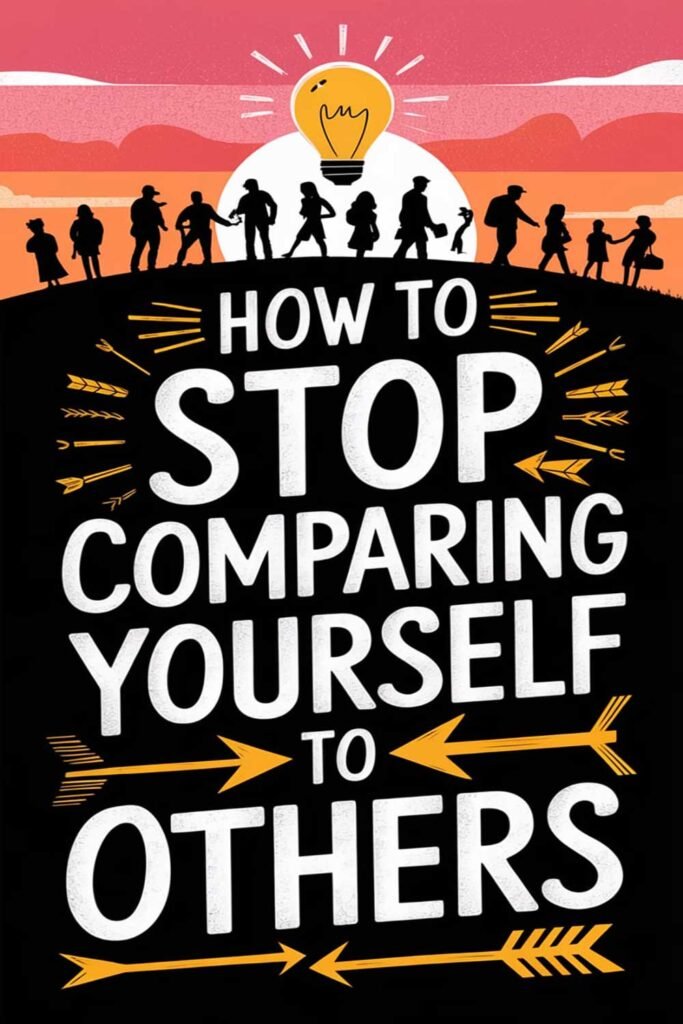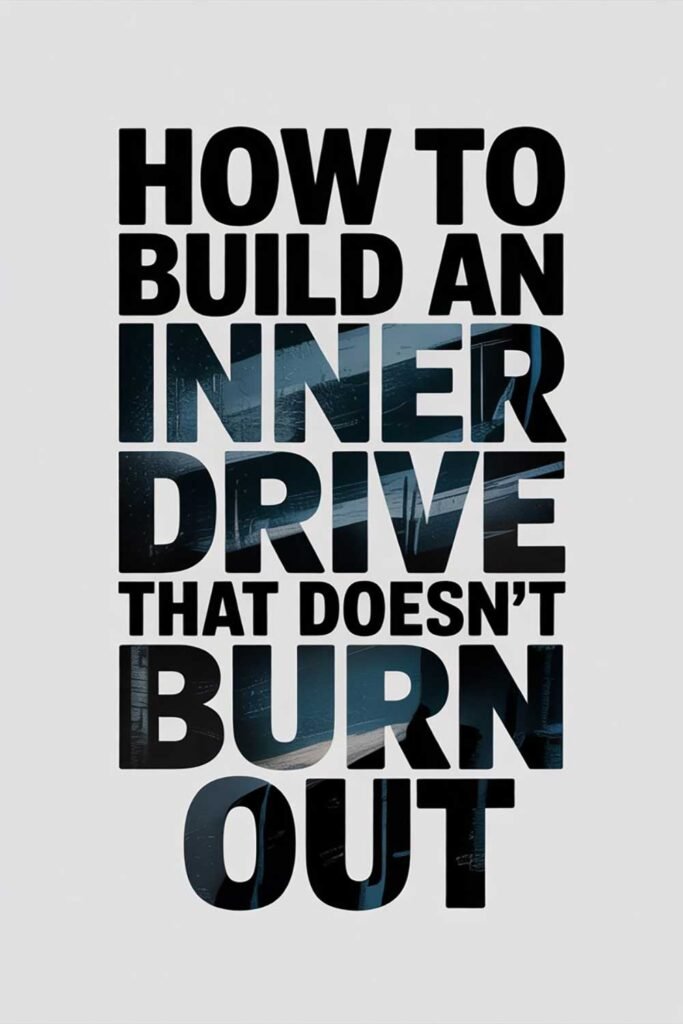How to Break a Bad Habit Without Feeling Deprived
Breaking a bad habit doesn’t have to feel like punishment. Whether it’s biting your nails, mindless scrolling, emotional spending, or reaching for junk food every night, you can retrain your brain without feeling like you’re giving up something essential. The secret? Focus on replacement, reward, and awareness—not restriction.

In this guide, we’ll explore science-backed strategies to break bad habits gently and effectively. You’ll also learn how real people have succeeded at overcoming long-standing habits—and replaced them with empowering routines.
Why We Develop Bad Habits
Bad habits typically form as automatic responses to stress, boredom, or routine. Over time, they become deeply ingrained because they offer an immediate sense of relief or reward, even if the long-term consequences are negative.
Most bad habits follow a pattern:
- Cue – A trigger (stress, time of day, emotion)
- Routine – The habit or action
- Reward – Relief, stimulation, pleasure, etc.
To break a habit without feeling deprived, we must rewrite the reward loop rather than remove it completely.
Step-by-Step: How to Break a Bad Habit Without Feeling Deprived
Step 1: Identify the Habit and the Trigger
Awareness is the first step. Keep a journal or log for a week.
- When do you engage in the habit?
- What emotional state are you usually in?
- What time of day does it happen?
Example: Melissa realized she scrolled social media every night out of boredom. The trigger wasn’t the phone—it was the desire for connection and distraction.
Step 2: Understand the Reward You’re Seeking
Ask: What does this habit give me?
- Is it relaxation?
- A break from work?
- A dopamine hit?
- Avoidance of an unpleasant task?
Understanding the reward helps you find a satisfying replacement that meets the same need without the negative side effects.
Example: Joe smoked after work to decompress. When he realized it was about unwinding, he started replacing that time with a 10-minute walk while listening to calming music.
Step 3: Replace, Don’t Remove
Deprivation leads to resistance. Replacing gives your brain something new to enjoy.
Bad Habit → Positive Replacement
- Mindless eating → Chewing gum or sipping herbal tea
- Procrastination → 2-minute deep breathing before starting the task
- Doom-scrolling → Reading a short article or journaling instead
- Spending on impulse → Adding items to a wishlist and reviewing it weekly
Example: Hannah replaced her nightly dessert habit with making fruit smoothies. She kept the “treat” part, but upgraded the ingredients.
Step 4: Change the Environment
Your surroundings often cue your habits.
- Leave your phone in another room at night
- Replace the candy bowl with a bowl of almonds
- Delete tempting apps or turn off notifications
Example: David wanted to stop checking emails first thing in the morning. He began charging his phone outside the bedroom and bought a sunrise alarm clock instead.
Step 5: Create a Ritual to Replace the Habit
Rituals make change feel intentional and comforting.
- Light a candle when journaling
- Brew a cup of tea before meditation
- Use aromatherapy during new routines
These rituals signal your brain that something meaningful is taking place and help embed the new habit.
Step 6: Use Positive Language and Framing
Don’t say “I can’t.” Say “I don’t.”
- “I don’t eat sugar at night” is more empowering than “I can’t.”
- Focus on what you gain, not what you’re giving up
Example: Sarah stopped saying “I’m trying to quit coffee” and instead said, “I’ve switched to herbal tea because I sleep better.”
Step 7: Celebrate Progress Daily
You’re rewiring your brain—and that takes effort.
- Track your streaks
- Reward yourself weekly
- Reflect on how much better you feel
Example: Kevin created a habit tracker and gave himself a $10 reward for every 7 days he didn’t impulse shop. In three months, he saved $120.
Real-Life Example: Amy’s Late-Night Snacking
Amy used to snack on chips every night while watching TV. She didn’t want to feel like she was depriving herself. So she switched to crunchy carrots with hummus and created a bedtime wind-down routine that included herbal tea, a book, and a weighted blanket. After 30 days, she had more energy, better sleep, and lost 6 pounds—all without feeling like she was giving anything up.
Tools and Techniques to Support Your Journey
- Habit-tracking apps: Habitica, Streaks, HabitBull
- Accountability buddies
- Visual cues: Post sticky notes, affirmation cards, or trackers
- Mindfulness meditation to increase awareness
20 Quotes About Breaking Habits and Creating Change
- “Bad habits are like a comfortable bed: easy to get into, hard to get out of.”
- “You leave old habits behind by starting out with the thought, ‘I release the need for this in my life.'”
- “Your habits will determine your future.”
- “Discipline is choosing between what you want now and what you want most.”
- “Chains of habit are too light to be felt until they are too heavy to be broken.” – Warren Buffett
- “First we form habits, then they form us.”
- “To change a habit, make a habit.”
- “Breaking a habit doesn’t mean losing—it means winning your freedom.”
- “The best way to stop a bad habit is to replace it with a better one.”
- “Success is the sum of small efforts repeated daily.”
- “Old habits die hard, but they do die.”
- “A year from now you’ll wish you started today.”
- “The secret to change is focusing all your energy not on fighting the old, but on building the new.”
- “You don’t break a habit by resisting it. You replace it with something better.”
- “Self-control is strength. Right thought is mastery.”
- “You are only one decision away from a totally different life.”
- “Motivation gets you started. Habit keeps you going.”
- “Fall in love with the process, and the results will come.”
- “Progress is progress, no matter how small.”
- “Change your habits, change your life.”
Picture This
It’s evening. You used to reach for the chips and remote without thinking. But tonight, you light a candle, pour a cup of calming tea, and sit down with your journal. There’s soft music playing. You’re not missing anything—you’re gaining clarity, rest, and pride.
You’ve replaced an old loop with one that heals you. You’re not deprived—you’re empowered.
Share This Article
If this article helped you rethink your habits, please share it with a friend who might be ready to make a change—without losing joy in the process.
Disclaimer
This article is for informational purposes only and reflects general self-improvement advice and personal experiences. It does not constitute mental health, medical, or psychological advice. Please consult a licensed professional if you are struggling with compulsive or addictive behaviors.






